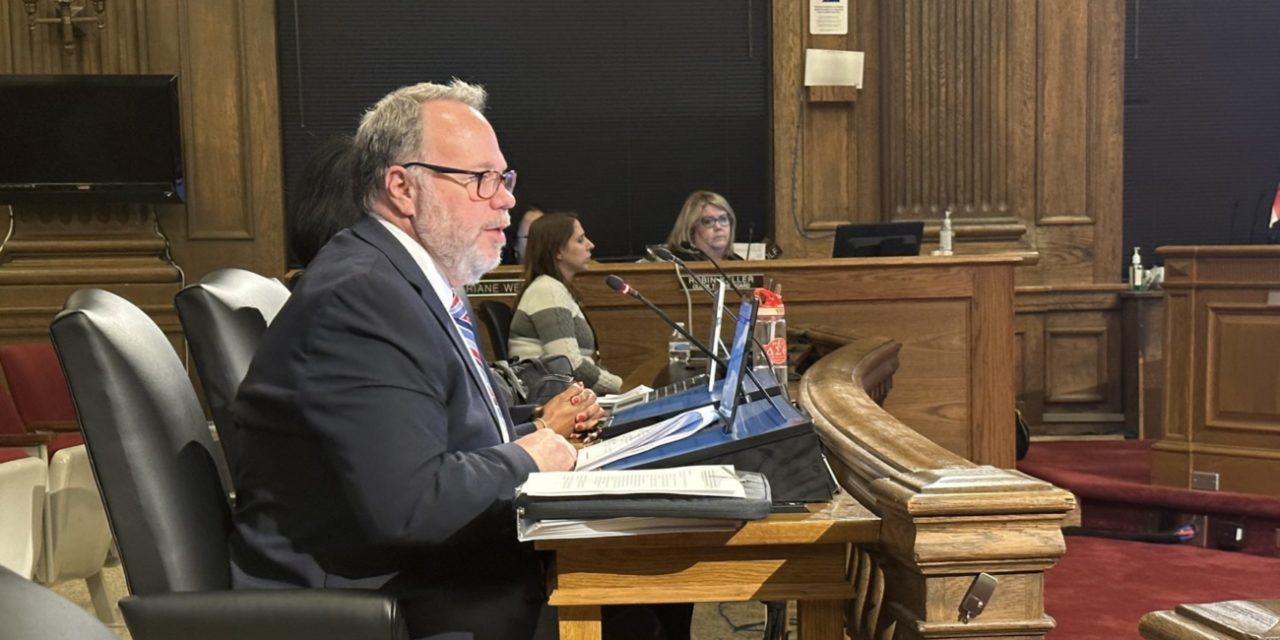When city and county managers are putting together budgets in the spring for the fiscal year that begins on July 1, not every project and need can be anticipated – which is exactly why city and county managers have contingency funds.
Those are pools of money that the top administrators can draw on – largely at their own discretion – and use for needs that come up unexpectedly during the budget year.
This month, Guilford County Manager Mike Halford is spending $21,051 from his contingency fund to provide county aid for the Food Pantry of the Triad and also to support Combat Female Veterans Families United.
The Triad Food Pantry helps residents in High Point and the surrounding area get food, medicine and other items they need and also offers people “assistance with special needs to improve their quality of life.”
The Pantry has a seven-day-a-week program that works with about 15 grocery stores and convenience stores to help feed the needy. On some days, the Pantry makes mobile food deliveries to housing authority communities, churches, seniors, and nonprofit agencies that act as partners.
The other good cause that’s getting money from the county manager’s contingency fund is Combat Female Veterans Families United, which “provides transition services to support female veterans who are transitioning to life after war.”
The group offers various support mechanisms and strategies to help female veterans integrate back into civilian society.
Both of these uses are authorized under North Carolina General Statute 153A-149 – a key statute that lists the legitimate uses under state law as to how local governments can spend property tax revenues.


Much better than Greensboro giving a raise to its city manager clown
That’s exactly right!
I would like for the Triad Area as a whole to invest in our Veterans whether housing or general support. I see where other municipalities have developed villages with small individual units for the veterans. I realize this would create a great deal of work and time on the part of the cities but in many cases imight save lives. In talking with other vets, it’s commonly known that any of these individuals say they don’t want help until they see what is there to help . Some can never be helped but don’t you think it may be worth a try . So many of these now came from a volunteer Military not a drafted military. The drafted group, in many cases, have a drug problem and with some can be cured.
I’ve been wordy and can go on with reasons for helping these people, if you think about it, we OWE the VETERANS before we owe any person or group from another country.